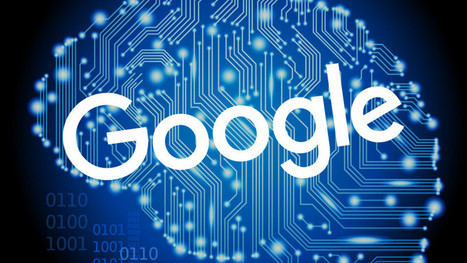Using AI to translate across three languages has led to the observation that the AI has created – without direct help – an interlingua: an artificial language that – this case – is constructed to make translation easier, based on richer and broader semantics than are found in any of the natural languages.
Matt Burgess, Google’s AI just created its own universal ‘language
However, the most remarkable feat of the research paper isn’t that an AI can learn to translate languages without being shown examples of them first; it was the fact it used this skill to create its own 'language’. “Visual interpretation of the results shows that these models learn a form of interlingua representation for the multilingual model between all involved language pairs,” the researchers wrote in the paper.
An interlingua is a type of artificial language, which is used to fulfil a purpose. In this case, the interlingua was used within the AI to explain how unseen material could be translated.
“Using a 3-dimensional representation of internal network data, we were able to take a peek into the system as it translated a set of sentences between all possible pairs of the Japanese, Korean, and English languages,” the team’s blogpost continued. The data within the network allowed the team to interpret that the neural network was “encoding something” about the semantics of a sentence rather than comparing phrase-to-phrase translations.
“We interpret this as a sign of existence of an interlingua in the network,” the team said. As a result of the work, the Multilingual Google Neural Machine Translation is now being used across all of Google Translate and the firm said multilingual systems are involved in the translation of 10 of the 16 newest language pairs.
Soon, we may be speaking an interlingua that encompasses English, Swahili, Mandarin, and a hundred other languages. Perhaps we could wire it in such a way that people would innately find more kinship with others, and intuitively follow the golden rule. I propose we call it ‘Ish’, and start teaching the kindergartners.
(Source: wired.co.uk)
#language #linguistics #AI
Via Charles Tiayon, Andreas Christodoulou



 Your new post is loading...
Your new post is loading...







